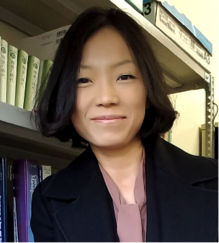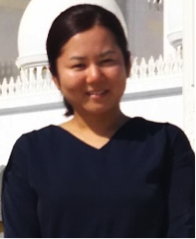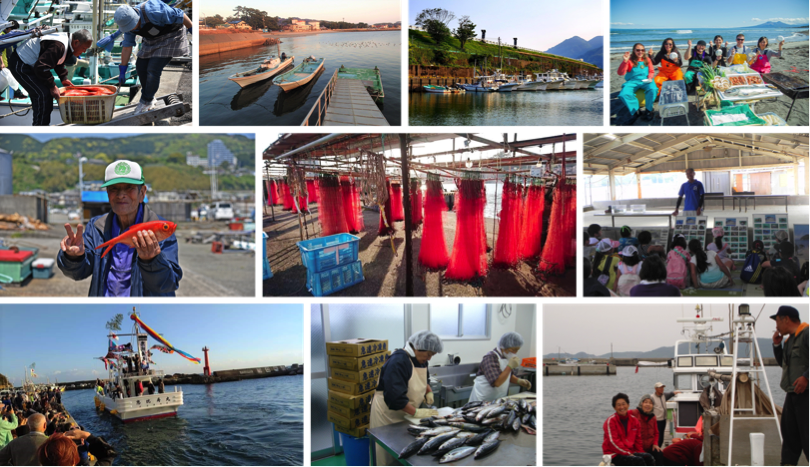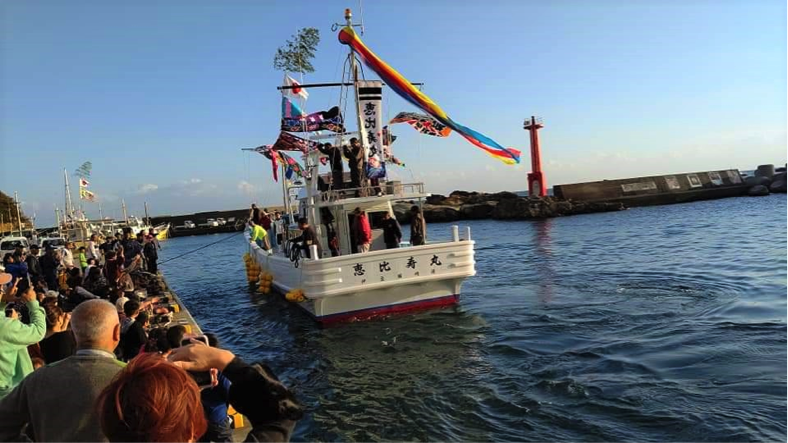About the network
As the launch of the new fishing boat, the ship of the TBTI Japan Research Network is now out into the ocean! Congratulations! Japan’s fisheries governance is based on the fishery rights and fisheries cooperative systems, which in turn are based on the existence of small-scale fisheries. Therefore, the presence of small-scale fisheries cannot be ignored in Japan's fisheries policy. Within this context, the TBTI Japan Research Network brings together scientists, practitioners, community groups, organizations through transdisciplinary approaches and will ensure the widespread of the importance of the existence and roles of Japanese small-scale fisheries as well as addressing issues and concerns affecting Japanese small-scale fisheries.
The vision of the TBTI Japan Research Network includes: (1) Dispatch the information actively along with systematical research on the various functions, importance, and latent strength of Japanese small-scale fisheries. (2) Adopt transdisciplinary perspectives in Japanese small-scale fisheries research and governance. (3) Enable the improvement of gender equality and equity in Japan by the initiative of the Japanese small-scale fisheries. (4) Secure fishers' income and the successors by establishing a research base to forge ahead with a wide range of new initiatives and concepts regarding small-scale fisheries. (5) Approach Japanese small-scale fisheries from the standpoint of Blue Justice and continue with theoretical discussions on Blue Justice and advance research to relay it to practice. (6) Help Japan to recognize the Voluntary Guidelines for Securing Sustainable Small-Scale Fisheries (SSF Guidelines) and promote its implementation fully and make a conscious effort on its application in Japan.
About the coordinators
 Yinji Li is an associate professor at Tokai University in Shizuoka. Her research interests and expertise lie in fisheries and coastal issues among Northeast Asia, such as Japan, Mainland China, Taiwan, and South Korea. For many years, she has been researching these areas to understand the actual conditions and challenges on governance mechanisms, community institutions, market and branding systems, community-based tourism, etc., and interacting with relevant stakeholders. She is a member of the Too Big To Ignore (TBTI) project, Human Dimensions Working Group of Integrated Marine Biosphere Research (IMBeR) project, and coordinator of Japan country team of the Vulnerability to Viability Global Partnership(V2V) project.
Yinji Li is an associate professor at Tokai University in Shizuoka. Her research interests and expertise lie in fisheries and coastal issues among Northeast Asia, such as Japan, Mainland China, Taiwan, and South Korea. For many years, she has been researching these areas to understand the actual conditions and challenges on governance mechanisms, community institutions, market and branding systems, community-based tourism, etc., and interacting with relevant stakeholders. She is a member of the Too Big To Ignore (TBTI) project, Human Dimensions Working Group of Integrated Marine Biosphere Research (IMBeR) project, and coordinator of Japan country team of the Vulnerability to Viability Global Partnership(V2V) project.
 Tamano Namikawa was born in Kanagawa Prefecture. After graduating from the Department of Construction, Faculty of Engineering, Yokohama National University, she engaged in port planning and coastal planning at a construction consulting company. After leaving the company, she received a Ph.D. in Marine Science from the Tokyo University of Marine Science and Technology. She started her current career in the Japanese Institute of Fisheries Infrastructure and Communities in 2011.
Tamano Namikawa was born in Kanagawa Prefecture. After graduating from the Department of Construction, Faculty of Engineering, Yokohama National University, she engaged in port planning and coastal planning at a construction consulting company. After leaving the company, she received a Ph.D. in Marine Science from the Tokyo University of Marine Science and Technology. She started her current career in the Japanese Institute of Fisheries Infrastructure and Communities in 2011.
 Sachiko Harada obtained her Ph.D. in marine science from Tokyo University of Marine Science Technology, Japan, in 2009. Dr. Harada is an associate professor at the Tokyo University of Marine Science and Technology. Her research interests include the use and management of local resources in fishing villages. Recently, she has also been working on a study of international trade in seafood.
Sachiko Harada obtained her Ph.D. in marine science from Tokyo University of Marine Science Technology, Japan, in 2009. Dr. Harada is an associate professor at the Tokyo University of Marine Science and Technology. Her research interests include the use and management of local resources in fishing villages. Recently, she has also been working on a study of international trade in seafood.

















